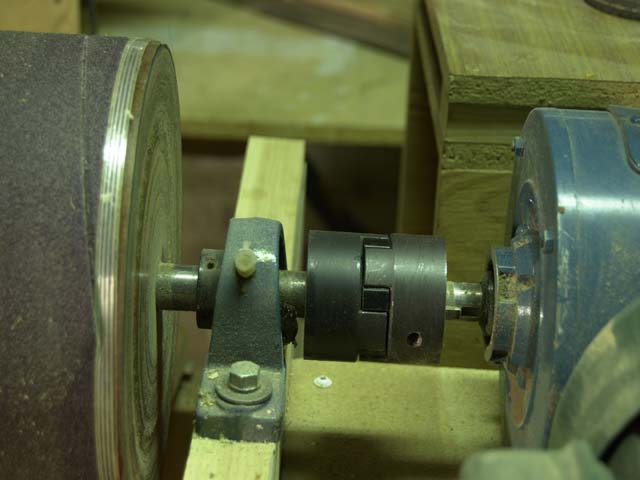I rarely step in to conversations like this but....
Filippo, I think you may have skimmed Howard's post too quickly and
perhaps misunderstood. What I read was:
"It's right about at this point that Rick often makes a comment about
whether you want to be building guitars or machinery, when there are
factories that do the machinery much better than you ever will."
- In other words "From a pure business and financial standpoint it is
more economical and efficient to buy a pre-existing tool when one is
available, devoting time that would have been spent in creating that tool
toward work in you own trade, at which you are more efficient." - just
some business economics.
"On the other hand, Rick has a long list of orders to fill, and Jim may
just like making machinery."
- In other words "That advice is sound from the perspective of a
professional luthier who is already backlogged to the gills with guitar
work, while for a hobbyist or even a professional who takes great pride in
crafting their own tools, go for it. There's nothing wrong with doing what
you like."
A misunderstanding of Howard's intentions I believe, though the personal
jab was a bit harsh and hasty I think. Anyway, que sera, sera. It's done.
Now, please everyone do me a favor, and talk about thickness sanders. I
think this can be dropped entirely. No more posts about this, Please.
-----------------------
By the way, I think you're right on with a 7/8" shaft, and a 2HP drive
motor should be plenty. If it's too much for the motor to handle, you can
always just slow down the feed.
|


